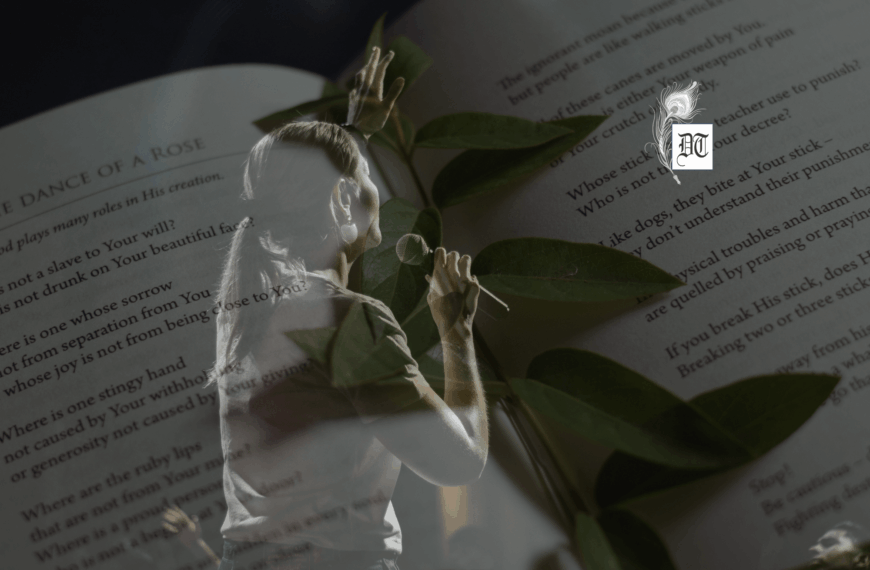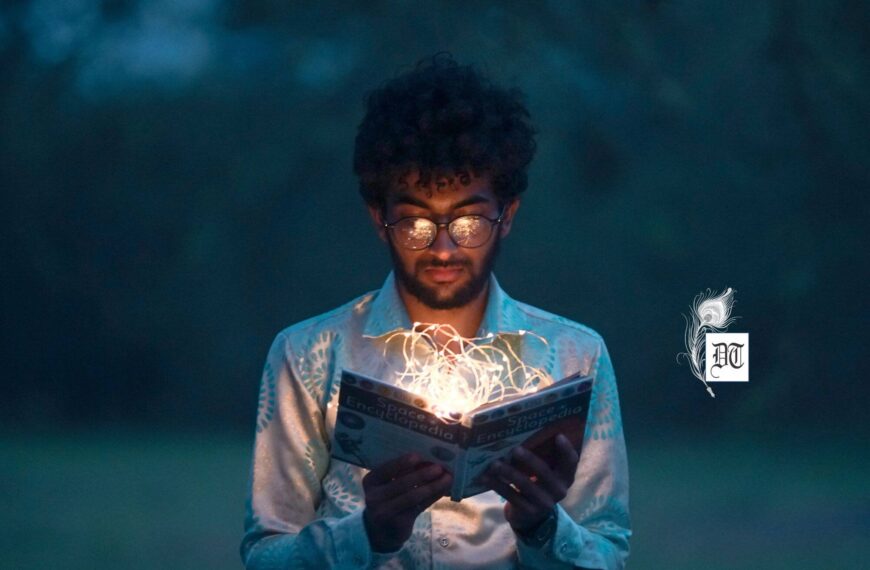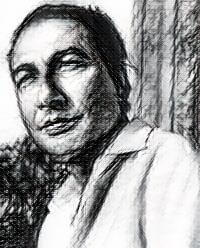Controversial and feisty novelist Shobha De. She wears many hats, a model, magazine editor, wife, mother, columnist, a celebrity in the world of journalism, a commentator on various social issues, a feminist, sometimes a writer of soft porn, a symbol of sex, a delineator of the images of the elitist woman of the contemporary Indian society and what not. Basudeb profiles her, in the weekly column, exclusively in Different Truths.
A woman of versatile personality, Shobha De, a graduate of St. Xavier’s College, Mumbai, is a different person to her different readers, sometimes a model, magazine editor, wife, mother, columnist, a celebrity in the world of journalism, a commentator on various social issues, a feminist and sometimes a writer of soft porn, a symbol of sex, a delineator of the images of the elitist woman of the contemporary Indian society and what not. She also writes manuscripts for Indian TV soaps. Shobha De is very much frank in narrating anything in her novels. She is open and has no reservation even in describing sex activities, taking place between a man and a woman, in minute details.
She has an insightful ability to describe the time tested populist components of sexuality in tempestuous as well as lucid English. Most of her novels are best sellers. As this column is meant for the assessment of Shobha De as a woman novelist of the last quarter of the 20th century, it may be right to say that she is  totally different from all Indian woman novelists so far as this aspect is concerned. The most popular novels of Shobha De are Starry Nights, Socialite Evenings, Sultry Days, Small Betrayals, Sisters, Second Thoughts, Surviving Men, Snapshots, and Spouse.
totally different from all Indian woman novelists so far as this aspect is concerned. The most popular novels of Shobha De are Starry Nights, Socialite Evenings, Sultry Days, Small Betrayals, Sisters, Second Thoughts, Surviving Men, Snapshots, and Spouse.
The male characters delineated in her novels are mostly typed characters. They all come from the upper middle-class families and they all tend to climb up the stairs of social elitism and to them, marriage is dull and soul killing. Particularly in the novels, Second Thoughts, Socialite Evenings and Starry Nights, the male protagonists are unromantic, covetous and often ridiculous. They are often the quarry to their romantic, sensual and sometimes sensitive female counterparts. It shows the collapsing power structure in Indian patriarchy resulting in the triumph of feminist empowerment. Women in her novels are strong,  ambitious, and materialistic as well as romantic and primarily public figures.
ambitious, and materialistic as well as romantic and primarily public figures.
Karuna, the central character in Socialite Evenings is an emblem of the indescribable agony of woman subjugated by the patriarchal hegemony of the Indian society. In this novel, Shobha De directs her attack not on the characters like Kurana or Anjali; on the contrary, the novelist aims at criticising the Indian social system that promotes the domination of man upon their female counterpart. Society, Shobha De feels, is a villain.
Issues pertaining to woman’s identity, particularly in connection with the role of woman in her sexual relationship with man attract her readers’ attention. The characters like Rita, Shonali, Asha and many others are found discussing frankly and practicing sex. The assertion of woman’s sexual identity is an important theme in Shobha De’s fiction. The novelist shows both biologically and intellectually woman is stronger than man. The women in Shobha De’s novels are not passive.
 A comparison between Shaw’s woman in Man and Superman or in Heart Break House with Shobha De’s some rebellious women like Linda or Asha may be made in this connection. If man represents intellect, the woman represents instinct. G.B. Shaw underlines that instinct is stronger than intellect. While reading Shobha De’s novels, readers may think that perhaps the novelist is very much inspired by the delineation of Shavian characters both man and woman.
A comparison between Shaw’s woman in Man and Superman or in Heart Break House with Shobha De’s some rebellious women like Linda or Asha may be made in this connection. If man represents intellect, the woman represents instinct. G.B. Shaw underlines that instinct is stronger than intellect. While reading Shobha De’s novels, readers may think that perhaps the novelist is very much inspired by the delineation of Shavian characters both man and woman.
Another important feature of Shobha De’s woman characters is that during the last quarter of the 20th century the concept of Lesbianism and homosexuality in different forms like LGBT is a social taboo. Today, we are considering them as a sexual minority. They are no longer sexual perverts. No one today can reject female sexuality. Now, no person is found to say or suggest that woman is a lifeless lump of flesh. Shobha De is perhaps the first to underscore this in her novels. Homosexuality is a threat to the basic concept of democracy that depends upon hetero sexuality.
Shobha De also pooh-poohs the institution marriage in her novel, Second Thoughts. The novel  undermines the legitimacy and social acceptability of women’s empowerment. As an example, we may refer to the relationship between Maya and Ranjan. They are married and their marriage is incompatible because of Ranjan’s traditional way of looking at life. The marriage wrecks because of May’s post marital relationship with Nikhil.
undermines the legitimacy and social acceptability of women’s empowerment. As an example, we may refer to the relationship between Maya and Ranjan. They are married and their marriage is incompatible because of Ranjan’s traditional way of looking at life. The marriage wrecks because of May’s post marital relationship with Nikhil.
The feminist movement that gets its momentum in the 60’s in India champions the concept of the New Woman. These new women are broad minded, free from traditional Indian values on sex and marriage, man and woman relationship and woman’s emancipation. They believe that gender is a social construct and this construction is for the perpetuation of the patriarchal hegemony in the society.
Shobha De ridicules the millennium belief that a girl when she is born remains under the care of her father; then after her marriage, she goes under the custody of her husband and finally at her old age she is under the control of her sons. She is perhaps the first Indian woman novelist, who boldly projects some woman characters who are independent both financially and emotionally. Once again a reference to the character of Karuna is relevant to this context. Karuna is bold enough to severe her matrimonial relationship with her husband. She finds out a profession of her choice and finally leads an independent life. She does not marry any one for the second time and she practices celibacy. That marriage is a union of two souls is drastically rejected by De’s woman characters.
Thus, Shobha De is a voice of protest against the social, economic, political and sexual marginality of the woman in Indian society. The presence of sex in details in any literary work does not necessarily imply that it is pornographic, obscene and vulgar in nature. Some critics often talked about the banning of some of Shobha De’s novels in the last century. But the idea of banning any literary work is absurd. D.H. Lawrence is a ready example in this context. History will then repeat itself.
©Basudeb Chakraborti
Photos from the Internet.
#ShobhaDe #NovelOfShobhaDe #FeistyNovelist #IndianWriters #StarryNights #SocialiteEvenings #SultryDays #SmallBetrayals #Sisters #SecondThoughts #SurvivingMen #Snapshots #Spouse



 By
By
 By
By
